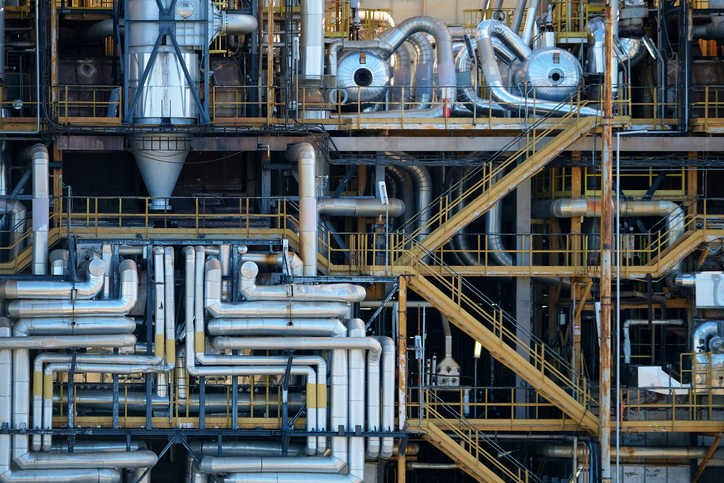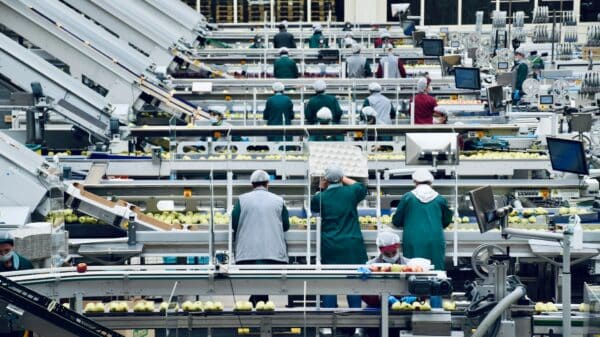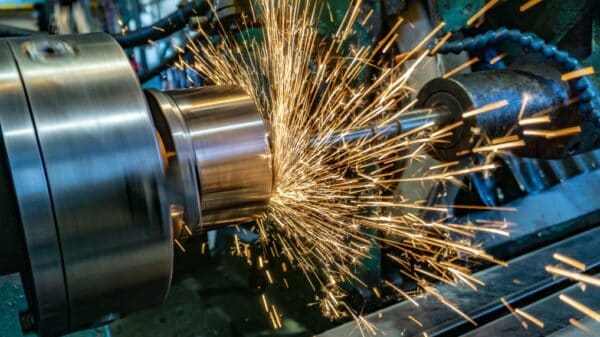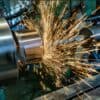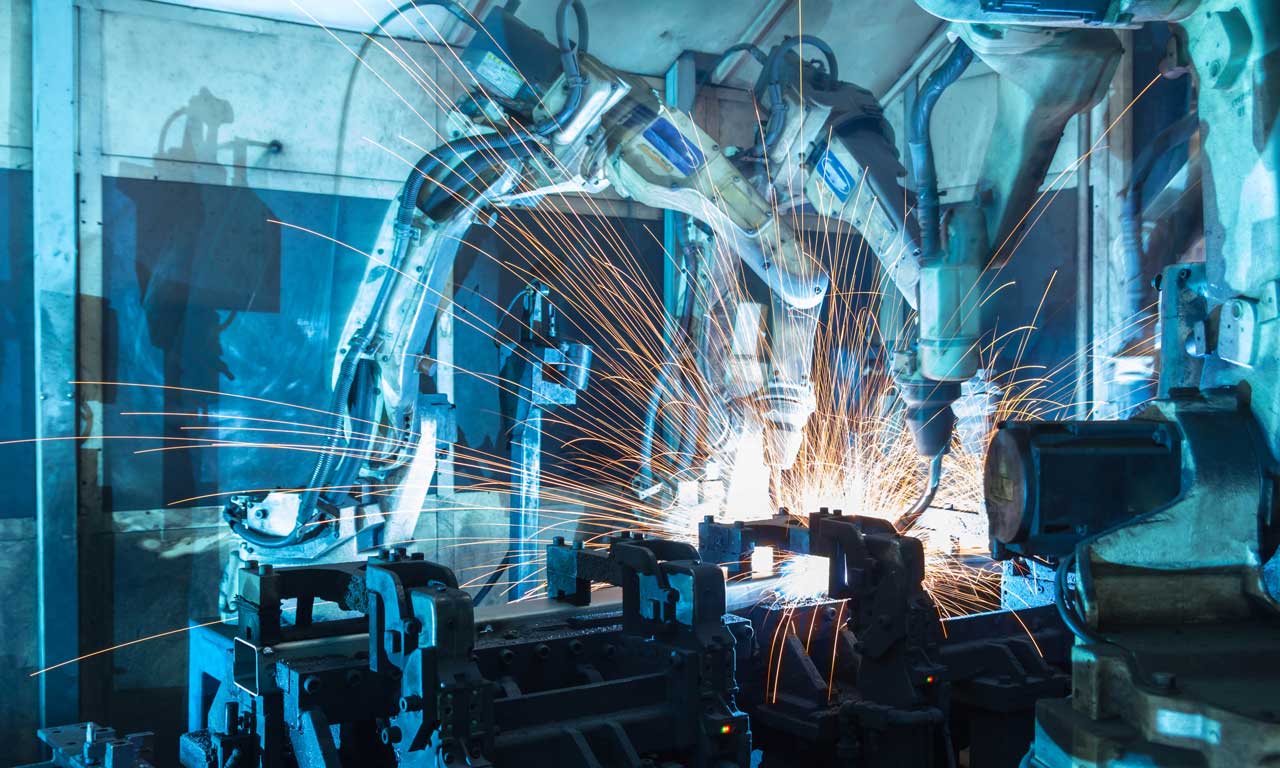When water leaks and pipeline ruptures are reported in the news, the impact of this loss is often told from the perspective of the citizen. Some stories cover cases of extreme drought, water shortages, and the natural depletion of reservoirs, often calling on the consumers to exercise responsible water management in their own homes until regular service can be resumed.
The impact of water shortages on businesses can be equally serious. And yet, for a business whose operations require a steady and uninterrupted supply of water (as is the case for just about any manufacturer in the world), a surprising few of them are aware of the figurative tightrope on which they’re poised.
Water Used and Wasted in the Manufacturing Sector
Many manufacturers fail to pay enough attention to the condition and age of the water delivery equipment within their facility. The sad truth is that in many cases, facility maintenance is still a responsive activity, rather than a proactive one. Water shortages will be an ever-present issue, and like the individual homeowner, it behoves the business owner to become a steward of water conservation – for self-preservation if for no other reason.
In terms of volume of consumption, it’s estimated that nearly 10% of all freshwater collected is used for industrial purposes. Shockingly – according to the World Wildlife Fund (WWF) – nearly a third of this volume is lost to leakage and system inefficiencies (either in the collection or delivery process) before it even has a chance to be used. It’s difficult to imagine any business owner sitting idly by while their day-to-day operations is exposed to such a glaring and pervasive threat.
Perhaps if more manufacturers knew of the threat to their water supply, they might apply a little bit more pressure on local governments to do more in terms of ensuring the water supply remains viable. The reality is that in order to ensure their supply of water, manufacturers must take matters into their own hands, by doing their part to ensure their facilities use water as efficiently as possible.
Water Leak Detection
Since it’s unreasonable to think that water will one day no longer be needed in the manufacture of goods, a forward thinking company should consider a water leak detection system to monitor the health of their infrastructure, regardless of its age. Pipeline assessments can be done on site, but if conducted in-house, they require considerable resources in terms of training, and labor hours – not to mention the inherent opportunity cost.
SMART water conservation technologies help to reduce the cost of facility maintenance and provide round the clock water leak detection services. Depending on the needs of the business, permanent sensing equipment can be installed to monitor critical water supplies, sending out an alert the moment a leak is detected. This allows the engineering department to make repairs before the leak can escalate, saving both time and money. Historically, leaks are often noticed much too late since water delivery systems are, at least in part, buried be the earth.
How Does This Technology Work?
One of the better selling points of leakage detection technology is that installation of said
equipment does not impact operations. Monitoring components can be adhered to existing, above ground metal components like cast iron pipes or steel mains. These nodes are equipped with a microprocessor, communication device, and its own power supply. Using an inaudible acoustic tone sent between nodes (which can be placed as much as several miles apart) the system can identify the location of any potential weakness or rupture and wireless send the data back to a monitoring console.
Considering the system is itself non-intrusive and can be effortlessly tied into an existing software program’s smart water detection technology is a very sound investment.
There’s no denying that people and businesses are taking water conservation more seriously than ever before, and that technology is helping to make the conservation process a much simpler one, the strain on the water supply isn’t diminishing. A rising population and global warming will continue to deplete this resource (or at the very least, make it more difficult to secure) making smart water leak detection technology arguably the next big thing in the manufacturing sector.
Content writer from Toronto who loves cats, home improvement and internet marketing














































































































































































